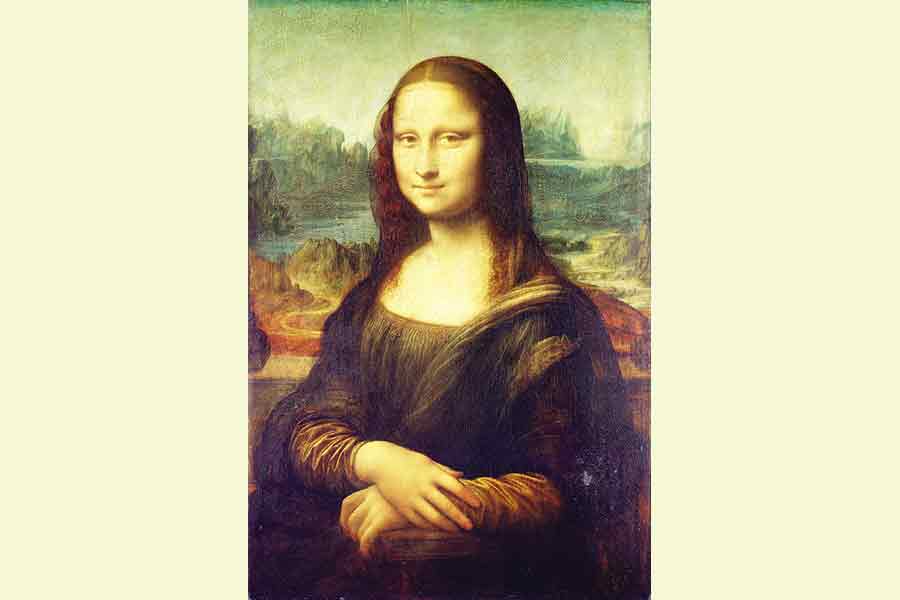
Published :
Updated :

I needed some paper work done on my passport to release a shipment of personal items at the airport. I was a faculty member at a Middle Eastern University. Pleasantries were exchanged with the officer and he assured me it would be done the next day (buqra in Arabic). I was happy and went back to the university. When I shared the experience with an Arab colleague he smiled. He asked me if the officer said buqra or inshallah buqra. I did not understand the implication of his words until the following day. The work took longer. No, there was no greasing of the palms. It is the culture. In the Arab world buqra takes a little longer than tomorrow, inshallah buqra takes much longer. This is not a unique situation in that part of the world. In the Latin world an equivalent term is manyana. Tomorrow, but a bit later. But the English world is very different. To them nine in the morning is five minutes before nine.
It is amazing how customs vary around the world. Siesta is another term in the Latin world where people take a midday break after a meal. In our country there is no such equivalent, though we take it easy after a lunch. This is glaringly visible in government offices, in particular where it takes much longer for work to resume after a lunch break.
Have you ever thought of drinking tea from the saucer. It is considered uncivilised and one would never do so in a public place such as a restaurant or a formal gathering. Yet if you step outside the city, people do so in roadside tea shops as they socialise. I have done so in such places and found tea taste better, in particular if it is hot. A similar habit would be dunking toasts in tea and eat, never to be done in a public place. In England there is a type of biscuits called dunking biscuits created with the precise purpose of doing so. As society moves forward, many of these old habits have been discarded and considered unacceptable. A similar habit is eating with own hands. I have an amusing experience in a cafeteria in England. I had an Indian friend from the south of India who would insist on eating with hands where ever he may be. Once he was ridiculed for doing so. His reply was simple. He washes his hands before eating. Can one guarantee the hygiene of utensils in a similar manner? This has been epitomized in a film about the life of an Indian mother in Norway as she was feeding her child with hands. This may be the reason why the poet lamented to return to the olden days against the glitter of life in the modern days.
A friend from one of the oil rich countries in the Middle East tells me how, in his childhood, he would get up early in the morning to fetch water from a distant reservoir. He used to tie up the legs of a camel with a rope on a head scarf so that it did not drift away. The days are now gone but the rope stays on the head scarf as a reminder of the past days. It is amazing how life adapts to situations as they arise.
The world today is very comfortable compared to the bygone days of past centuries. Technological advances have made life easy in terms of living, eating and, of course, travelling. One can commute between distant cities to attend meetings, for example, and return home the same evening for dinner. One can go round the world in a day unlike what Jules Verne did in eighty days. The racial overtones between races have also eased through easy intermixing contrary to what we read in newspapers. Galactic journey is only a matter of time. However, the local nuances would remain the same as they are contextual, based on events as they happen in daily life.
Beauty is a thing to behold. Our eyes tell us what is beautiful. Mona Lisa is beautiful. But the question why it is so beautiful cannot be answered. The components from lips to nose to eyes are among the constituent elements of a beautiful face. When asked to draw a beautiful face with the prettiest of such elements picked up from beautiful faces across the world, the outcome was an ugly face. That is an enigma due to which Mona Lisa still rules supreme. In business jargon that is the missing synergy between elements. Synergy is two and two added together producing an outcome greater than four. The extra comes from the bonding of elements. Though we see such feats achieved in business organisations, the best possible outcome cannot be ascertained. The same goes for politics. The government with the best possible minds in each area of activity may not perform as effectively. Bonding is a requirement that needs long term association under a leader with a vision for the future where some compromises may be necessary.
chowdhury.igc@gmail.com


 For all latest news, follow The Financial Express Google News channel.
For all latest news, follow The Financial Express Google News channel.